Mansi Kasliwal becomes first woman to lead Palomar Observatory
Kasliwal has played a central role in advancing Palomar’s discovery infrastructure.
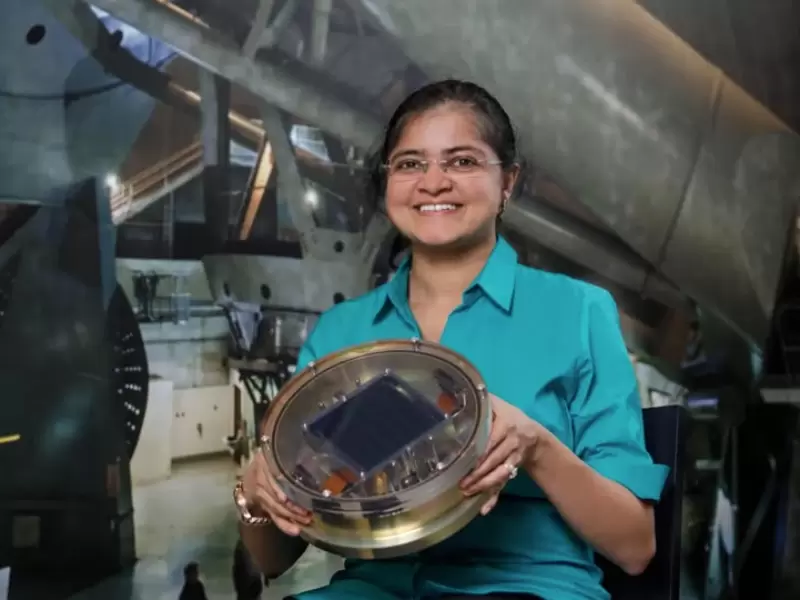 Mansi Kasliwal / Facebook (Palomar Observatory)
Mansi Kasliwal / Facebook (Palomar Observatory)
California Institute of Technology appointed Indian American professor Mansi Kasliwal as the director of Palomar Observatory, marking the first time a woman will helm the historic facility.
The appointment highlights her stature as a leading figure in time-domain and multi-messenger astrophysics, whose research focuses on “cosmic fireworks” — powerful stellar explosions and transients that illuminate how stars live, die, and forge the elements around us.
Also Read: University of Cincinnati mourns passing of professor Manglik
Kasliwal has played a central role in advancing Palomar’s discovery infrastructure. She has been instrumental in developing the Zwicky Transient Facility (ZTF), the infrared survey projects Palomar Gattini-IR (PGIR) and WINTER, and the newly commissioned Next-Generation Palomar Spectrograph (NGPS).
Internationally, she serves as principal investigator of the Global Relay of Observatories Watching Transients Happen (GROWTH), an initiative enabling around-the-clock monitoring of fast-changing cosmic events. The program has been pivotal in gravitational wave follow-ups and tracking electromagnetic counterparts of such events.
Her achievements include receiving the Breakthrough Prize in Physics in 2022, publishing over 440 refereed papers, and attaining an h-index of 100. She has also led major international campaigns to characterize transient phenomena revealed by gravitational waves.
Born in Indore, India, Kasliwal moved to the United States at the age of 15. After attending boarding school in Connecticut and completing her senior year through college courses, she earned a bachelor of science in applied and engineering physics from Cornell University in 2005.
She went on to pursue graduate studies at Caltech, completing a master’s degree in astrophysics and earning her doctorate in astrophysics in 2011.
Following her doctorate, she held a joint postdoctoral fellowship at Carnegie Observatories and Princeton University between 2011 and 2015.
She returned to Caltech in 2015 as an assistant professor of astronomy and was promoted to full professor in 2021.
ADVERTISEMENT
ADVERTISEMENT
E Paper
Video




 Malvika Choudhary
Malvika Choudhary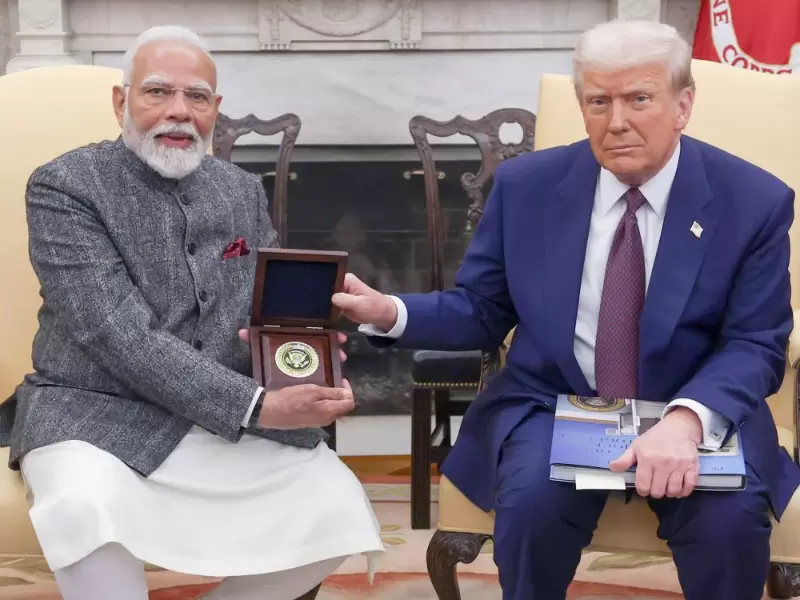
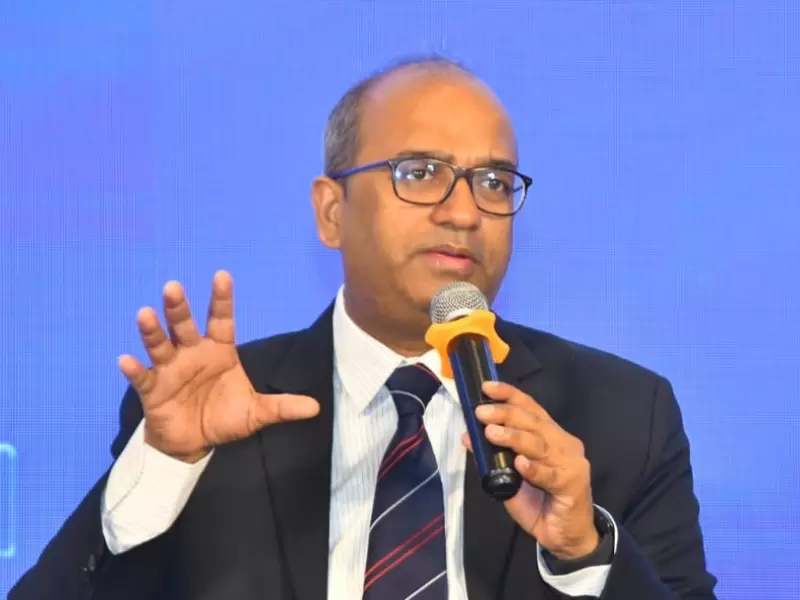
.jpg)

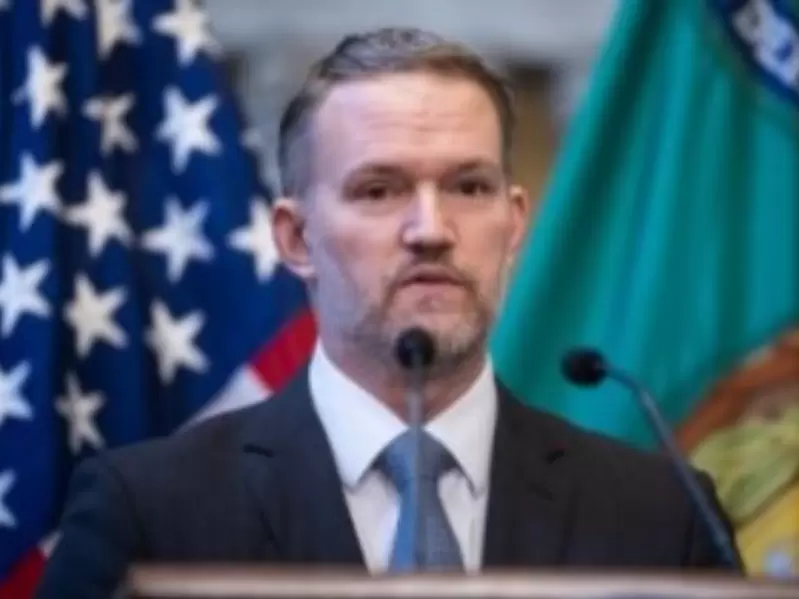
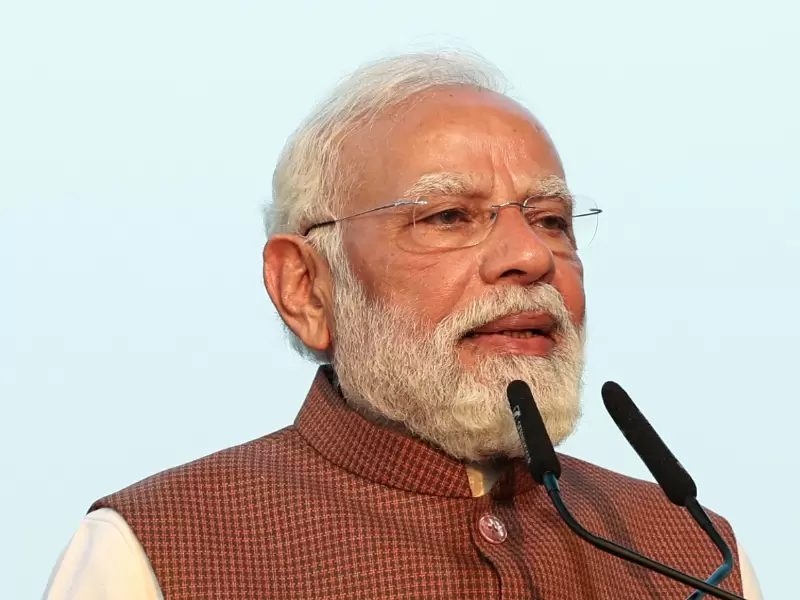

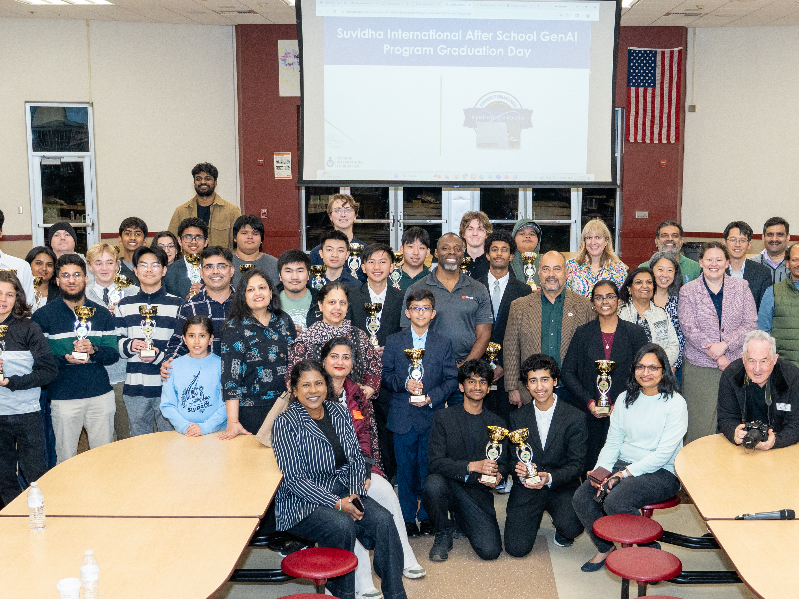
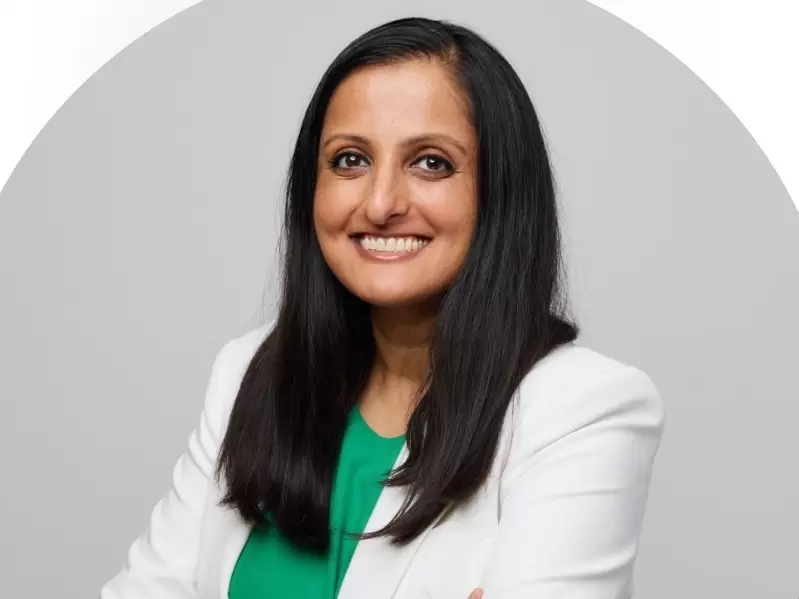
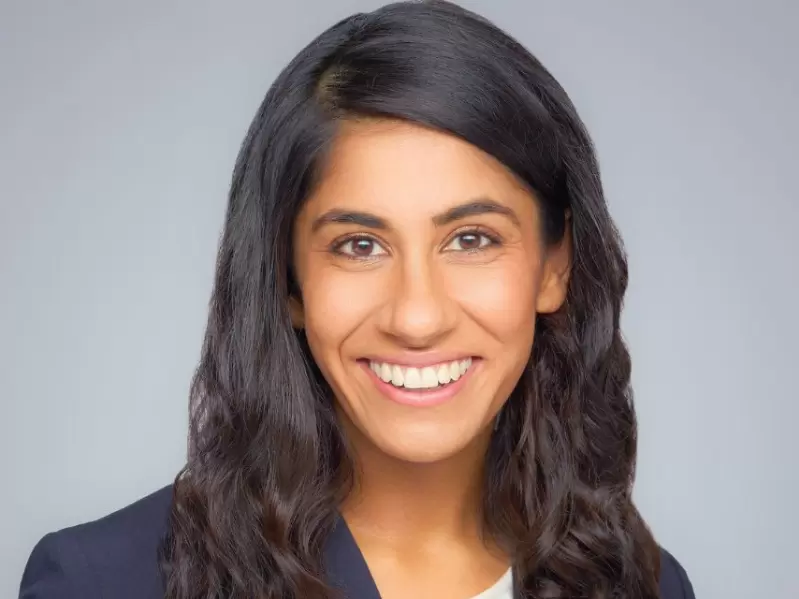

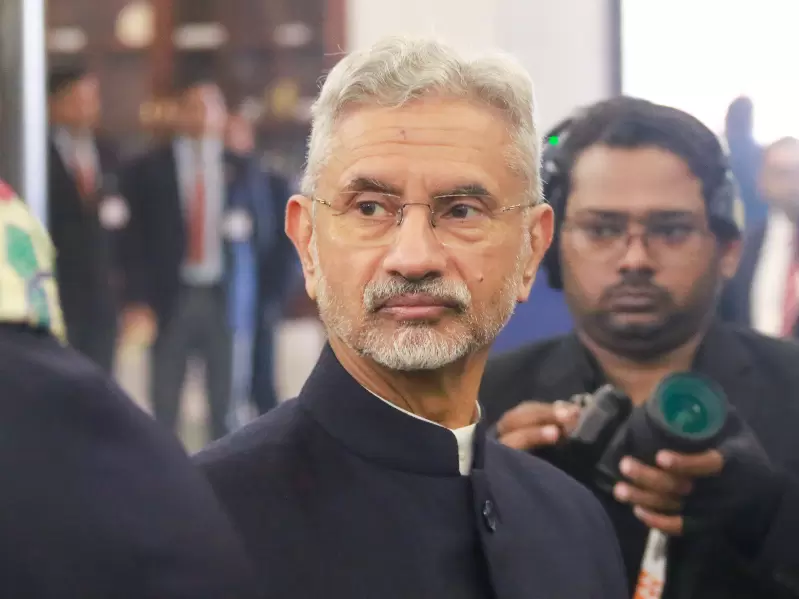


Comments
Start the conversation
Become a member of New India Abroad to start commenting.
Sign Up Now
Already have an account? Login